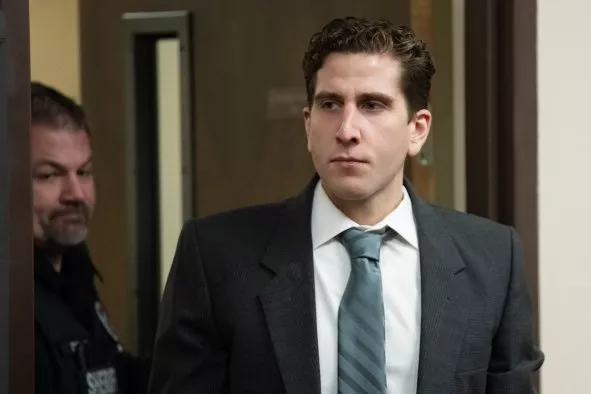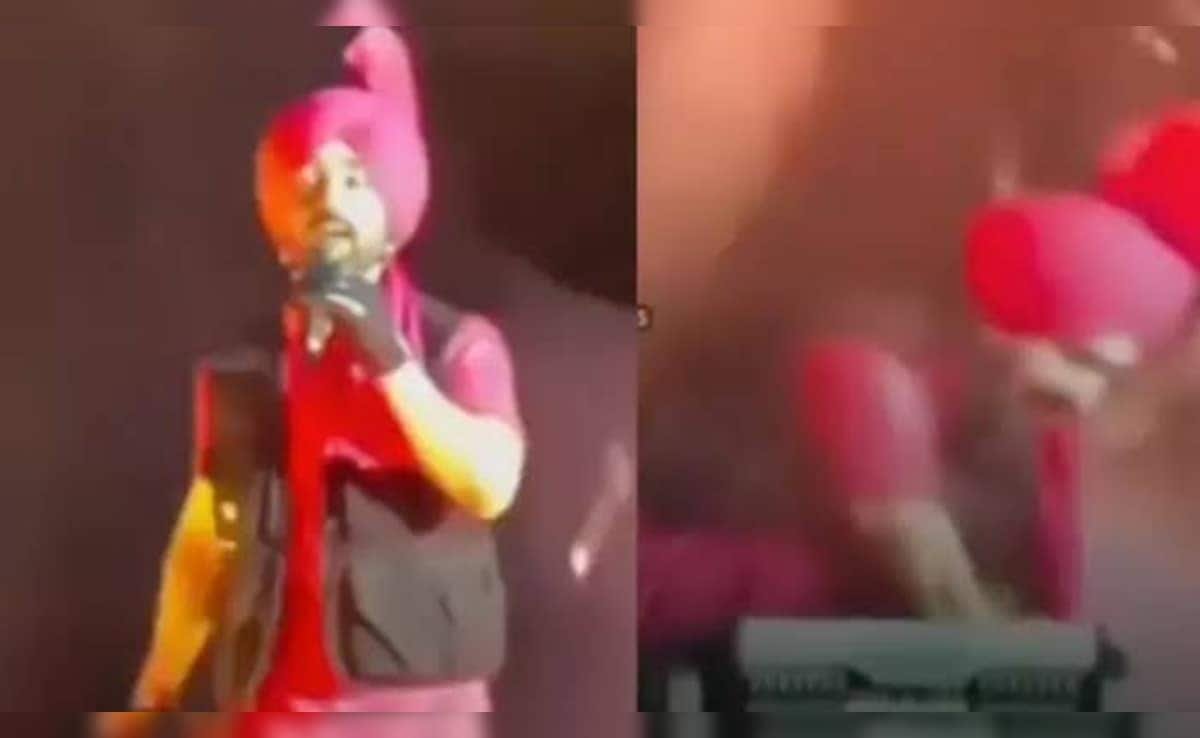
Quadruple murder suspect Bryan Kohberger was back in court on Thursday as his attorneys pushed for prosecutors to release additional evidence pertaining to their client’s arrest in the 2022 slayings near the University of Idaho.
According to court reports, the evidence includes cellphone tower data and other information that investigators used to arrest Kohberger. The defendant faces four murder counts and one burglary charge in the killings of four University of Idaho students—Kaylee Goncalves, Madison Mogen, Xana Kernodle and Ethan Chapin—who were found dead in their off-campus house in November 2022.
Kohberger’s defense team has repeatedly argued that evidence that should be made available through discovery is being withheld by prosecutors. In addition to cellphone tower information, defense attorneys also seek video and audio recordings of a white sedan near the scene of the crime that investigators used to link Kohberger to the killings.

During Thursday’s hearing, according to a report from The Independent, Kohberger’s public defender, Anne Taylor, grilled prosecutors about a series of records containing cell tower data that are going to be used in court as part of the prosecution’s arguments. Taylor questioned why the defense team had only been made aware of the records’ existence this week. Moscow Police Detective Lawrence Mowery pushed back on insinuations that investigators were attempting to hide something.
Kohberger’s lawyers have claimed that the defendant was “out driving in the early morning hours of November 13, 2022, as he often did,” and that he was nowhere near the Moscow, Idaho, house where the killings occurred. Prosecutors argue that cell tower data shows Kohberger was near the residence on the night of the slayings.
Investigators also allege that DNA evidence collected from a knife sheath found at the murder scene links Kohberger to the case. U.S. District Judge John Judge on Thursday did not offer a ruling on the defense motion to compel.
According to NewsNation senior national correspondent Brian Entin, Taylor’s effort to “poke holes in police work” is not uncommon for defense teams, adding that there “was not enough detail given today in the hearing to really know whether police made any mistakes.”
Two hearings regarding evidence in the case are set to take place back-to-back on May 30. The first, which starts at 10 a.m. PDT, will be open to the public. The hearings will feature testimony from two DNA experts called on by the defense.






